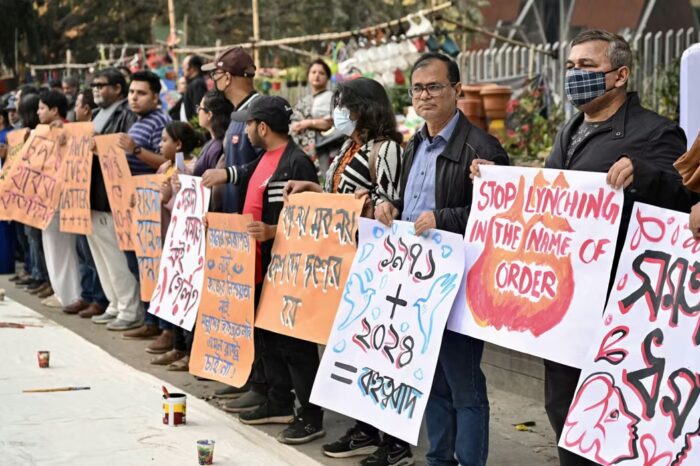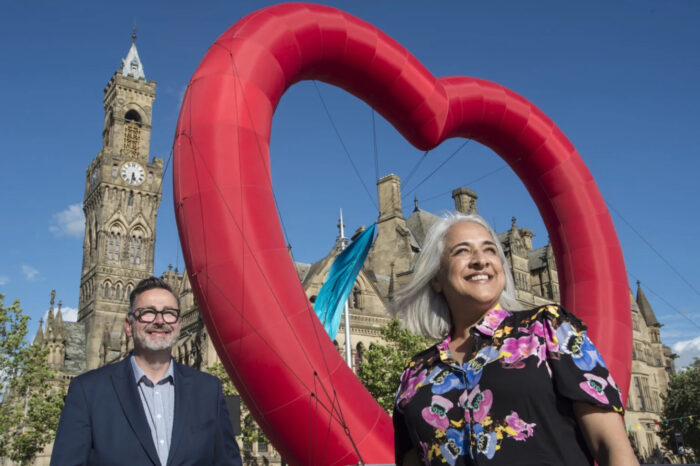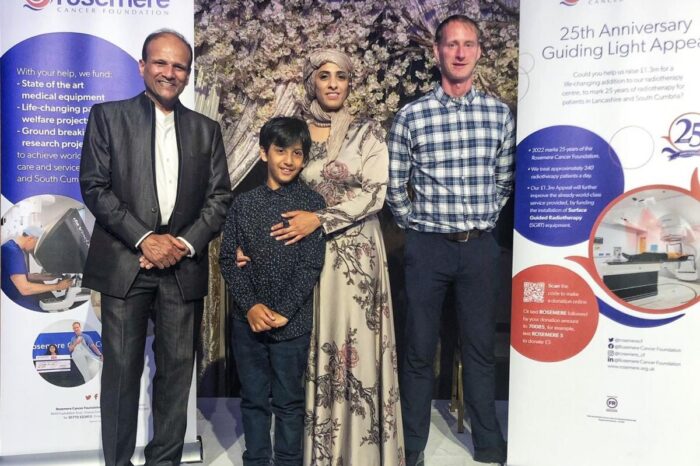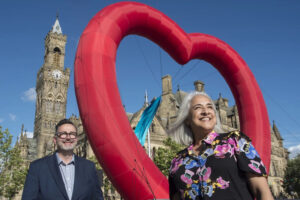Scottish Government questioned over latest plans to improve cancer treatment waiting times

Plans to give health boards in Scotland £10 million have been set in motion to improve waiting times for patients who are in urgent need of cancer treatments.
Funded by the Scottish Government, the amount is said to be distributed throughout the NHS in the country and will help boost the number of operations available, create extra clinics and upskill new staff.
It has been reported that in June this year, the standard in waiting time for cancer treatment hit a record low.
According to STV, the standard, which has not been met since 2012, states that 95% of eligible patients should wait a maximum of 62 days from urgent suspicion of cancer referral to first cancer treatment.
Figures for the first quarter of 2022 show performance against treatment target fell to 76.9%, down from 79.1% in the previous quarter.
As a result, the Scottish Government has initiated a National Cancer Plan with funds of £114.5 million in a bid to improve equal access to care and treatment across the country.
Health secretary Humza Yousaf said the extra funding being made available would help drive down waiting times for treatment, in a report by STV.
Yousaf said, “Despite the challenges of the pandemic, NHS Scotland has consistently met the 31-day standard for starting cancer treatment with an average wait of four days once a decision to treat has been made.
“That’s testament to the relentless efforts of our fantastic healthcare staff across the country.
“However, we must do more to improve our 62-day performance.
“Covid has not gone away and pressures remain, which is why we are providing health boards with a £10m cash boost to drive down waiting times so that cancer patients can receive the best care as early as possible.”
However, this was challenged by Scottish Labour politician Foysol Choudhury, who said, “Any additional funding for cancer treatment is welcome, but the Scottish Government’s announcement of an additional £10 million to address cancer waiting lists is scarcely adequate to deal with the scale of the crisis in cancer waiting times in Scotland.
“The latest figures show that only 76.9 per cent of cancer patients are being seen within 62 days, a new record low and well short of the 95 per cent target. The Scottish Government cannot blame this entirely on the pandemic as it has not met this standard since 2012.
“Only recently, I sadly lost a constituent who contacted me about appalling delays in their cancer diagnosis and treatment. That constituent asked that I do everything in my power to ensure that nobody else goes through the same ordeal. I will continue to raise this issue until Scotland sees an improvement in outcomes, not just more hollow promises.”
Choudhury added that he had raised the issue with the First Minister of Scotland, Nicola Sturgeon and said, “Earlier this year I raised with the First Minister the fact that almost two fifths of cancers in Scotland are only being diagnosed at A&E, which is a sad indictment of the state of primary care under the SNP. But ever more are now waiting far too long for diagnostic tests and treatment for cancer.
“In spite of the heroic efforts of NHS staff, the cumulative failures in the running of the health service over the last decade are leaving patients frustrated and let down. In cases of cancer, this can mean the difference between life and death.
“I implore the Scottish Government to get a grip of this crisis. Those waiting for cancer treatment cannot afford further delay.” Many others including Tess White, public health spokesperson for Scottish Conservatives also raised very similar concerns and urged the SNP Government to take more robust actions.








